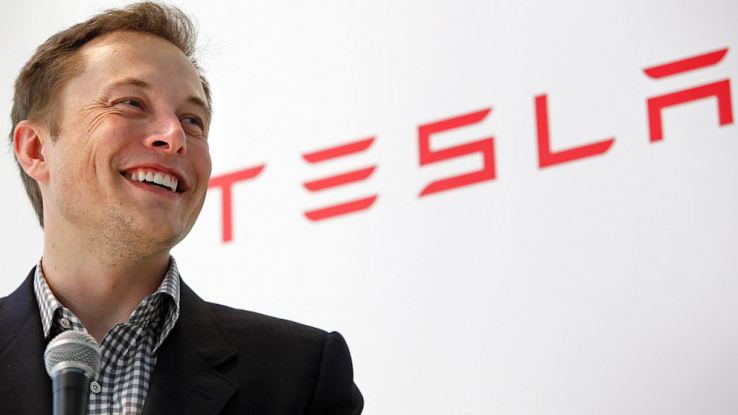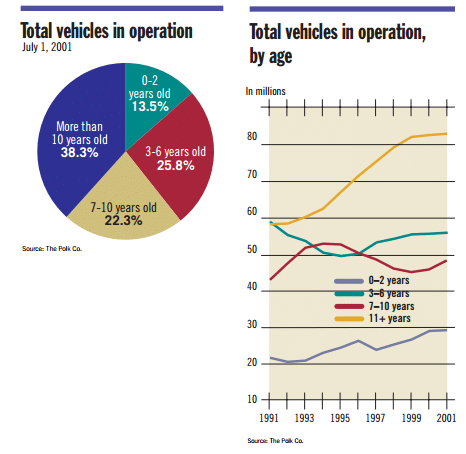Elon Musk is enjoying a lot of press lately. The South-African born inventor made his fortune as the cofounder of Paypal and in recent years has used that fortune to push humankind forward into the unforgiving forest of the future, ready or not. Musk simply uttering an idea gets it immediate international attention. And while his portfolio of projects includes Solar Power Plants and Commercializing Space, his current crown gem is Tesla Motors, an electric car company named after the famed Serbian-American inventor that brought us the age of electricity.
It’s his position as CEO and Chief Product Architect at Tesla Motors that gives Elon the most power to impact the near future of humanity as there are over one billion cars on the planet with a global per capita ownership at 148 cars per 1,000 humans. It is here that Elon is able to make the most sense to average Americans, make deals with other business people, and help shape law with legislators. Last week Elon announced that Tesla would roll out a software update that would allow Tesla’s fleet of Model S cars to become self-driving on highways, this announcement came as Mercedes was driving a self-driving car around San Francisco. He followed up the news with a dire prediction, that in the distant future, self-driving cars would be so much safer than human driven cars that humans would no longer get a drivers license and be allowed to drive, instead – humans driving cars would be illegal.
It is this prediction that raised my eyebrows the most out of his recent rash of news (hyperloop, free images from SpaceX, etc..) because I said something incredibly similar a few years ago as companies like Google, GM, Audi, and others began to reveal their plans for rolling out driverless car technology by 2020. In a Reddit posted piece titled “Self-Driving Cars: In Defense and Predictions of” I outlined 7 points defending the investment into this technology and 10 predictions of it’s impact in the near future. Like Elon I see self-driving cars as bringing transformative change to modern society, impacting everything from politics to loss of jobs in certain areas like taxis (or ubers).
And like Elon I share a positive hope that this new technology will be embraced by governments and societies. Unlike Elon, however, I don’t think that self-driving cars will lead to the banning of drivers driving their own cars. Or should I say hopeful?
It’s not that local municipal governments, states, or nations won’t go after them. Fewer accidents = less deaths = less money spent on emergency care = better for everyone. However, I think residents of societies are becoming more vocal about how they are governed and what tricks governments can use to give them tickets or more tightly control what they do such as red light cameras. If entire cities full of people are angry about a robotic camera ran by a company a thousand miles away giving them a ticket for possibly not even doing anything wrong – imagine how they’ll react when you come to take their $10,000 – $50,000 machines or tell them they can’t drive them on their own.
There’s also the issue of obsolescence. If a 2001 study by the National Automobile Dealers Association is still right about 38.3% of cars on the road are older than 10 years old. And that number had grown from just under 60 million in 1991 to over 80 million in 2001 to make up the largest segment of vehicles in operation in the USA. In 2013 Forbes highlighted this trend showing that the new life expectancy for a vehicle was 10.8 years, compared to 6.75 years in the 1930’s. Knowing that more aged cars are on the road and possibly adding to emissions concerns states like Texas have instituted programs to help get the cars off the road by offering an incentive to do so combined with establishing yearly inspection requirements for a vehicle to drive on public roads. So cars are becoming obsolete much more slowly than they used to and being serviceable for much longer making up an ever growing majority of what Americans are driving. And to combat this instead of outright banning driving the cars governments have setup a framework to distinctivize their being driven and to incentivize the driving of cleaner, newer vehicles. While this route will eliminate most of the ‘bad cars’ on the roads like those spewing fumes or leaking fluids, it won’t eliminate people from driving their 1960’s Mustang or their rebuilt 1908 model T.
Instead I think governments will go after self-driving car technology in a few different ways without banning humans driving outright and the time-table for this to happen will be on the scale of 15-30 years.
First I think driverless cars will be made to be the only vehicles allowed during peak traffic times like morning and evening rush within the next 15 years. I’m not sure how cities would enforce this but I imagine congested areas being ringed with a wifi signal that all cars are tuned to triggering them to turn on auto-drive.
Second I think states will add incentives to add self-driving technology to older vehicles and will require an inspection of the software / hardware to ensure it’s operating correctly at least once per year. This will provide a revenue stream to the state that it might be at risk of losing as car ownership numbers plummet and cars become more sustainable.
What I don’t see nations, states, or cities doing is making all human drivers illegal. Market forces might help reduce the rate of human driven cars like higher insurance premiums for human drivers as well as needing to drive your car in off hour times to save on congestion. Over time these forces and the march towards technology will make car ownership more obsolete and on-demand self-driving cars the prominent way to get around eliminating the need to outlaw human drivers, or any electoral boost it might give a politican, but instead relegate them to a nostalgic segment of society that remembers what freedoms their ancestors enjoyed opening up the throttle and cruising America’s roads.

